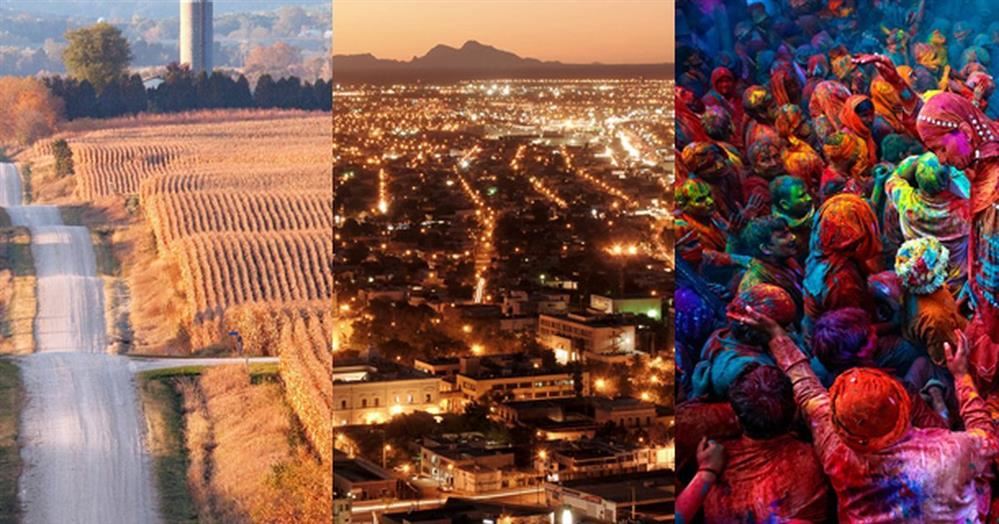
-
Human Geography
Human Geography will help students to understand how human systems have developed, how we have organized as a society and expand our understanding of the world while we examine some of the current global issues that impact our world today. This course will challenge students to develop geographic skills, including learning to interpret maps, analyze data, and comparing theories. Students’ understanding of the development of modern civilization and human systems will grow throughout the year, as we study the agricultural revolution through to the technological revolution. Students will gain an understanding of why we live in the areas we do, speak the languages we speak, believe in the religions we believe in and how this all affects how we interact with each other.
Throughout the course, we will:
• Interpret maps and spatial data to analyze the organization of people and places
• Identify factors that affect the creation of regions and the role that natural and political boundaries play in the regionalization process
• Analyze relationships and patterns that occur at different geographic scales
• Examine the effect of changing political, economic, cultural, and physical systems on the relationships among places
• Investigate ways the environment has influenced human settlement, and analyze the effect that settlement and activity have had on the environment
• Use social studies skills to access, interpret, and apply information from a variety of sources

